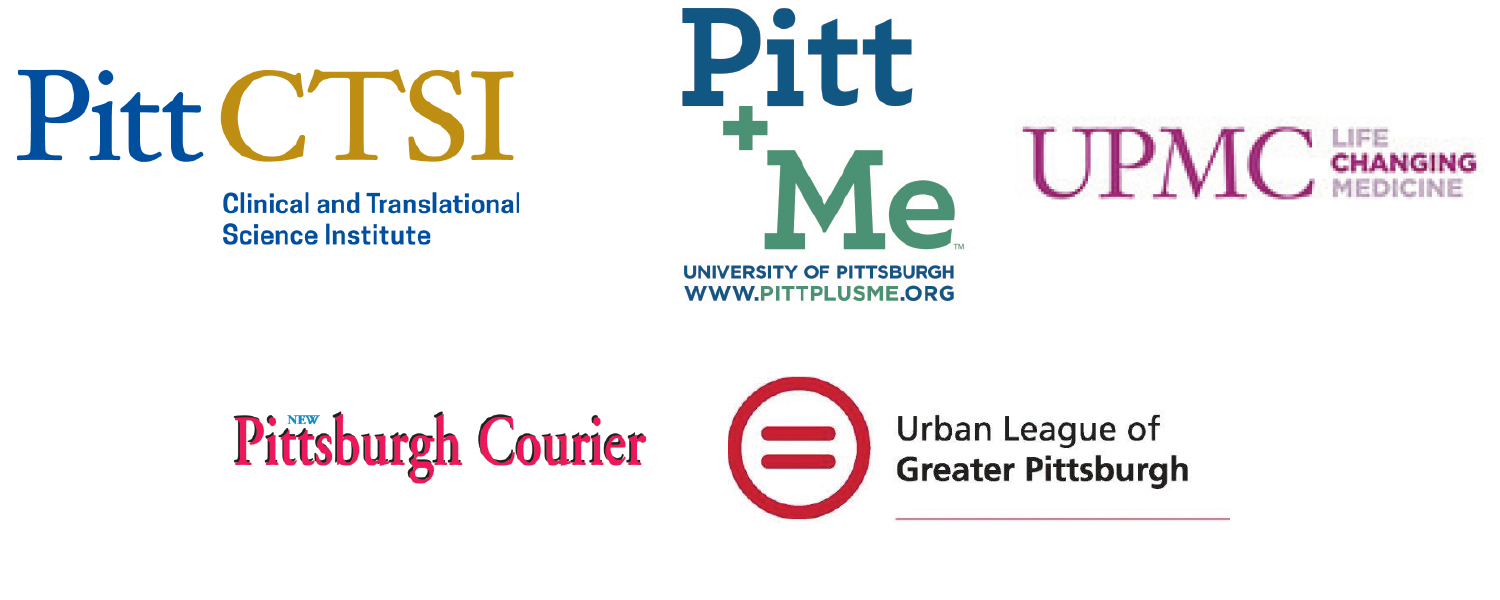Boys often mirror the habits, interests and values of their own fathers Marmion/Shutterstock.com
A Pew Research Survey on fatherhood reported that 57% of participants found it more difficult to be a father today than 20 or 30 years ago. Only 9% said being a father is easier, while 32% said it’s about the same. Among dads themselves, 63% said the job is harder now.
There’s no doubt Black parents in the U.S. grapple with distinct challenges due to systemic and structural racism, historical injustices, and ongoing discrimination.
The challenges show up in parents’ concerns about their children’s encounters with police, in biased school systems, in microaggressions, in their dealings with healthcare access, quality, and cost — and with racial stereotypes portrayed in the media.
Research from the University of Pittsburgh’s Center on Race and Social Problems confirms this concern finding that 51% of Black youth in Greater Pittsburgh did not believe society valued their lives as Black people. More than 70% experienced racism.
While addressing systemic and structural inequalities is fundamental for creating a more equitable environment for all Black families, it’s essential for Black parents to have the tools and support they need to teach their children to live and prosper in the world now — safely and confidently.

DR. JAMES P. HUGULEY
Dr. James P. Huguley, Associate Professor of Pitt’s School of Social Work, and chair of the Race and Youth Development Research Group (RaYDR) at the Center on Race and Social Problems, studies how to improve the educational and mental health outcomes of Black youth, including how Black parents can best support and nurture their children in unjust systems — and take care of their own health, too.
“We gathered a good amount of research about the best ways Black parents can help their children build resilience to racism in social and school settings and promote physical and mental well-being,” he explains. “The question became how to get this information directly into families’ hands.”
To do that, Dr. Huguley and team created the program Parenting While Black: Growing and Healing Together (PWB). “It’s become the vehicle for pairing what we learn from our research with powerful, highly-valued intergenerational knowledge from the Black community,” Dr. Huguley says.
PWB holds evening workshops at community locations throughout Greater Pittsburgh. The workshops are led by Black parents for Black parents. The content includes best practices in raising kids who have positive racial identities and strong coping skills, which research has shown can help them grow into adults who have better mental health and resilience.
Based on input from PWB’s most recent workshop (a collaboration with Awaken Pittsburgh and Homewood Children’s Village), 100% of participants would recommend the classes to other Black parents.
Dr. Huguley feels the high success rate has to do with something that happens organically during the workshops. “Parents come to PWB to gain knowledge and learn strategies,” he says. “However, they end up being pleasantly surprised by the mutual support and safety they feel. Often, they didn’t realize how alone they felt and how much they needed to make connections with other parents who are struggling with the same issues.”
He continues. “Since Black people were forcibly brought to this country more than 400 years ago, our families have been continually brutalized by racial oppression — yet we’re still here. The story of the Black family continues to be a story of amazing resilience. PWB helps Black parents feel validated in that struggle and to heal and grow through it.”
